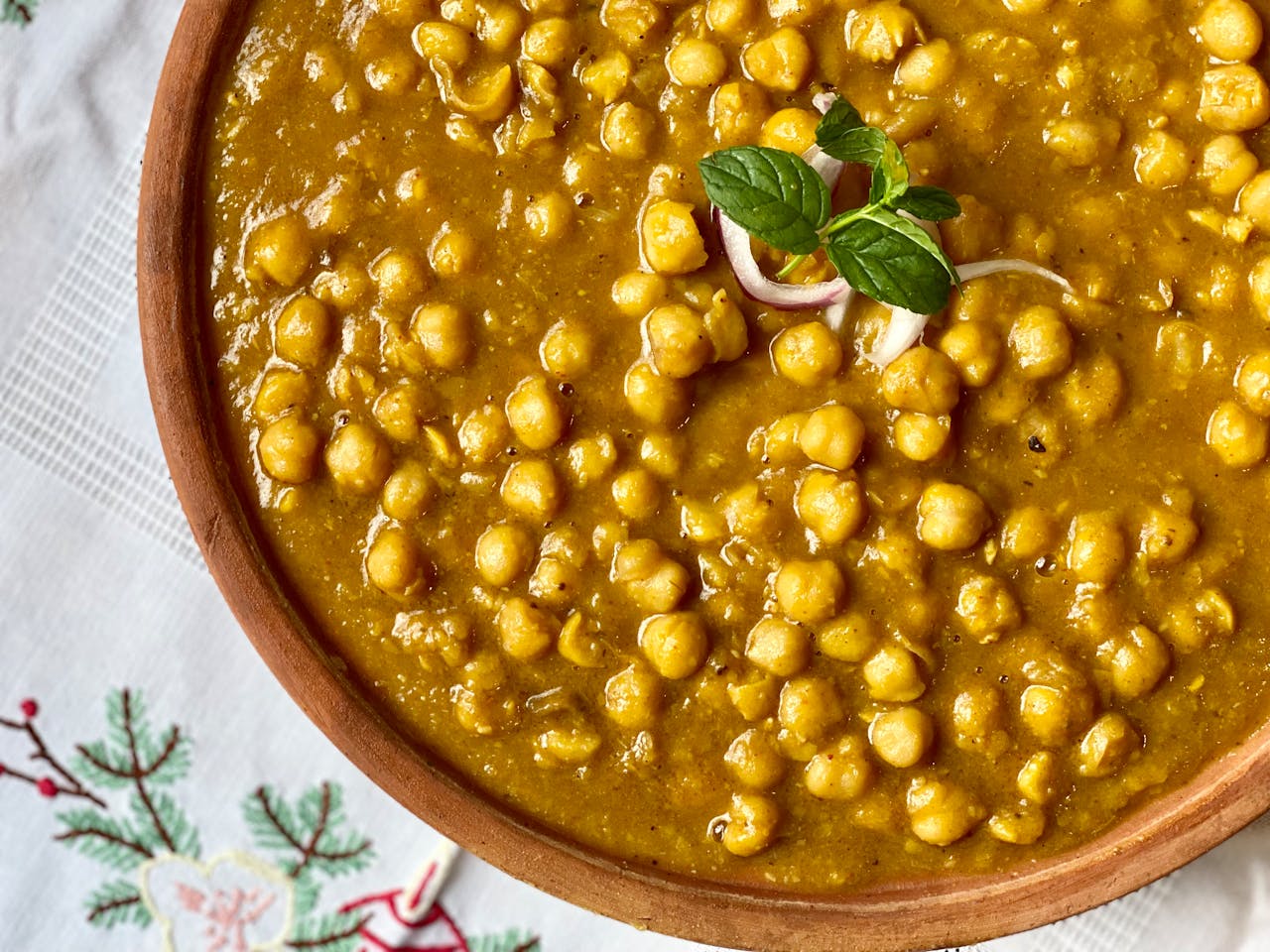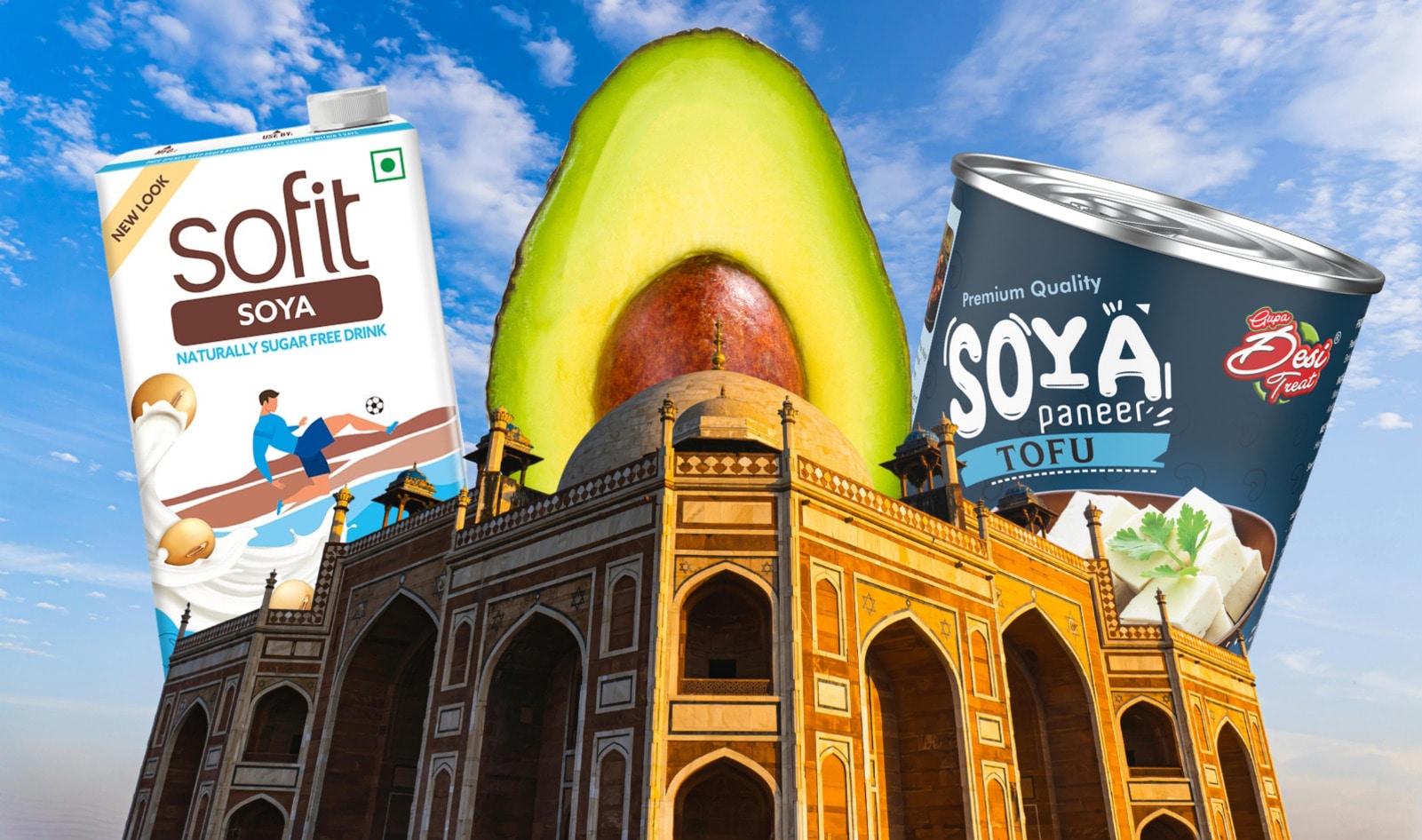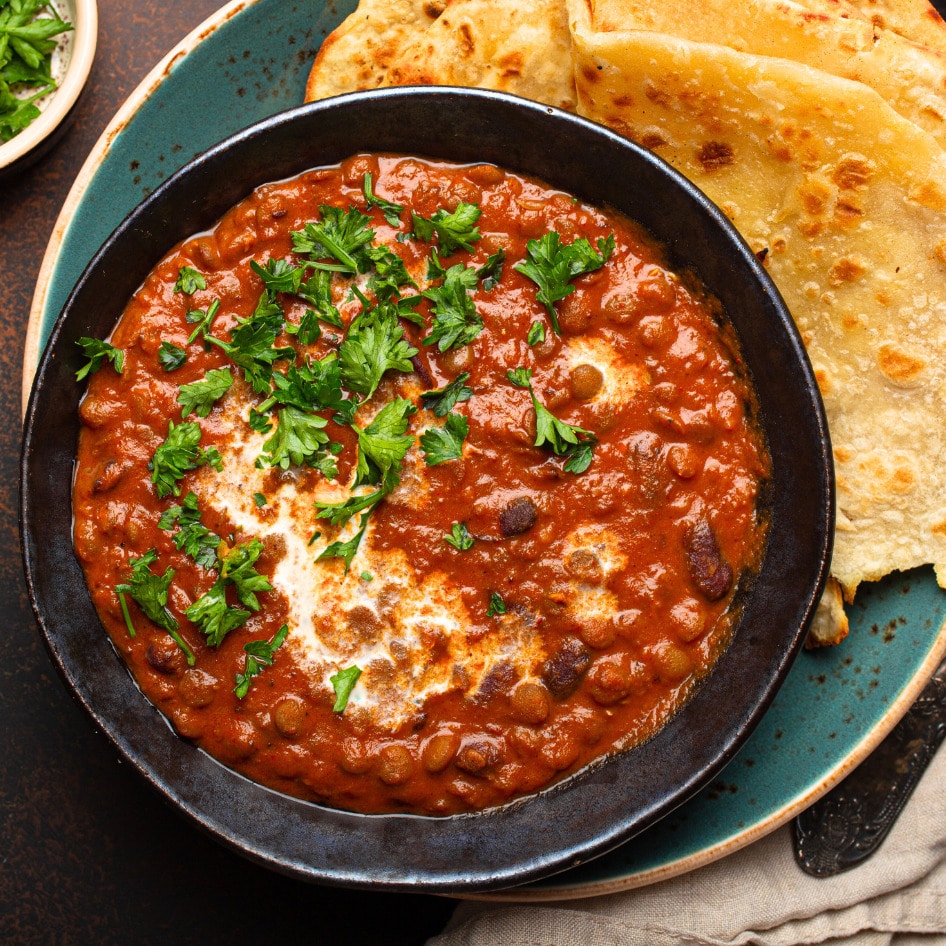India has cut taxes on a range of products in a bid to boost consumption across the country and, according to some analysts, help offset the impact of new US tariffs. The tax reforms were approved just as President Trump’s 50 percent tariffs on India came into effect at the end of August.
To make widely used goods more affordable, the government recently announced a host of Goods and Services Tax (GST) reductions. The cuts cover several plant-based products. For example, soy milk, which used to be taxed at 12 percent, will now be taxed at just five percent. All other plant-based milk beverages, previously taxed at 18 percent, have also been reduced to five percent.
 Oatish is a plant-based milk brand in India. | Oatish
Oatish is a plant-based milk brand in India. | Oatish
Other plant-based foods benefiting from the five percent GST rate include nuts, avocados, dates, figs, pineapples, citrus fruits, cereals, mushrooms, truffles, fruit jellies, juices, and soy chunks.
The cuts don’t stop with plant-based foods. Meat and dairy have also seen reductions, with some products, such as paneer, now exempt from GST altogether. Still, the lower rates mean plant-based options are now more accessible and affordable relative to many animal-based products.
“[The cuts] should directly boost demand, help traders and businesses see higher volumes, and may even favorably impact next quarter’s [corporate] earnings,” Shripal Shah, Managing Director of Kotak Securities, a leading investment and trading platform in India, told the BBC. “It also carries the potential to ease inflation.”
India’s growing plant-based industry
The tax cuts are expected to further accelerate sales of plant-based foods in India, which are already on the rise. According to Grand View Research, in 2021, the vegan food industry in the country was worth around $612 million. By 2030, it is projected to reach nearly $1.9 billion.
In October 2024, research by Statista suggested that around four in 10 Indians already follow a meat-free diet.
This comes as no surprise. Vegetarianism has long been a popular lifestyle in the country, rooted in religious traditions. Jains, as well as many Hindu communities, including Vaishnavas, Lingayats, and a large number of Brahmins, place strong emphasis on vegetarianism and the avoidance of meat, though practices vary by region and tradition.
 Pexels
Pexels
BECOME A VEGNEWS VIP: Get exclusive product deals, freebies, and perks galore!
But it isn’t only religious reasons driving modern demand. A recent report by Ipsos Strategies found that Indian consumers are also increasingly choosing alternatives to animal products for health and nutritional reasons.
Published in 2025, the report revealed that 51 percent of consumers in India plan to increase their consumption of plant-based dairy in the coming months, while 41 percent intend to eat more plant-based meat.
“India, with its rich history of vegetarianism and a deep-rooted cultural connection to plant-based cuisine, is uniquely positioned to embrace this shift [towards plant-based foods],” Deepak H, partner and country head at Ipsos Strategies, said in the report. “The burgeoning interest in health and wellness, coupled with increasing awareness of lactose intolerance and protein deficiency, further fuels the demand for plant-based alternatives.”
For more plant-based stories like this, read:
JUMP TO ... Latest News | Recipes | Guides | Health | Subscribe









